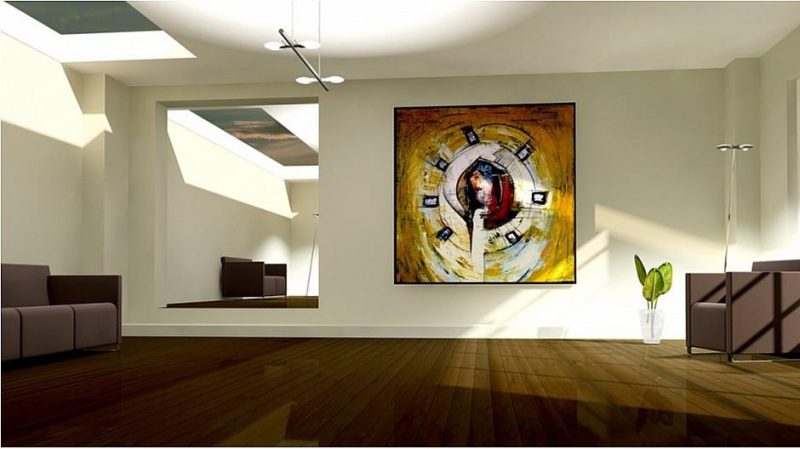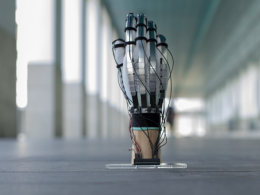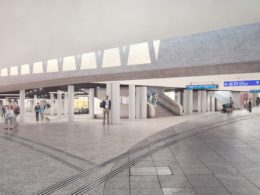Sitting comfortably on the sofa at home, sipping a cup of tea and visiting a luxury property or art fair at the same time? This is no longer a vision of the future. Virtual trade fairs are currently experiencing a boom during the current pandemic.
The most recent example of an online trade fair is the "Home-E-Fair", a virtual property fair organised jointly by the two estate agents Zurich Sotheby's International Realty and Crowdhouse from 22 to 26 July. The idea was born out of necessity, as the property fair season was cancelled this year due to the coronavirus pandemic.
For the first edition of the digital trade fair, the organisers were hoping for "a number of participants in the low to mid four-digit range", as Crowdhouse spokesperson Michael Meier told the news agency AWP. In future, it is to be organised "on a larger scale".
Visitor magnets on the net
The two estate agents are by no means the only ones to organise a digital trade fair. The world-famous art fair Art Basel, for example, invited visitors to the so-called "Online Viewing Rooms", virtual exhibition spaces, in June. And other world-class trade fairs, such as the Gamescom gaming fair or the Frankfurt Book Fair, as well as smaller events such as the Poly-E-Fair careers fair organised by ETH, also rely entirely or partially on digital channels.
According to marketing expert Michael Betz from the University of St. Gallen, the success of trade fairs is also absolutely conceivable in the digital space. "It's clear that customers are making intensive use of online channels, getting more and more information online and also shopping online. I am therefore convinced that this development will not stop at trade fairs and exhibitions," he says.
With around 230,000 visitors, this year's digital version of Art Basel attracted far more art fans and collectors than travelled to Basel last year for the physical version of the fair. Around 400 works of art worth between 500 and 10 million US dollars were exhibited. However, the organisers do not disclose how much art the collectors bought online.
Sales via online trade fairs are likely to increase in future
The organisers of the Home-E-Fair also want to sell. However, experience has shown that for properties worth millions, such as those brokered by the two organisers of the online fair, it takes a little more than one visit to the fair to actually close a deal, says Meier.
However, expert Betz believes it is entirely possible that capital goods such as a luxury villa on the Gold Coast or a sculpture by Jeff Koons will change hands at online trade fairs in the future. "Twenty years ago, it was unthinkable that someone would buy something as expensive as a car online. Today, according to studies, many car buyers no longer even test drive a car, but only collect it from the dealer after selecting it online."
Making contacts instead of buying
However, similar to traditional trade fairs, the Home-E-Fair is not primarily about sales. The exchange with other players is particularly important. Participants should be able to discuss current trends and challenges in the property market with like-minded people.
According to Betz, sales are not the primary goal of every trade fair. In many cases, for example, it is about finding potential customers, which can easily be done online.
"The numbers don't lie online," says Betz, "customers who are genuinely interested leave their contact details. This automatically separates the wheat from the chaff and the so-called "bag rats", who are only interested in the giveaways at the physical trade fair, are automatically eliminated.
Long overdue paradigm shift
The coronavirus crisis has driven a paradigm shift in the trade fair landscape that was long overdue, says Betz. "I would even go so far as to say that many trade fairs that have been cancelled this year will never take place in their previous form again."
This is because the information and purchasing behaviour of customers is different today and the first "digital natives", who have grown up with completely new technologies and formats, are now slowly entering professional life. Against this backdrop, formats such as traditional trade fairs with a huge, expensive infrastructure are "actually no longer in keeping with the times".
Source: Personal









